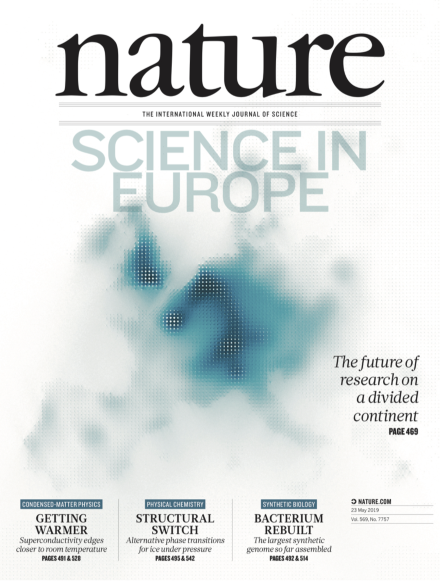Volume 569 Issue 7757, 23 May 2019
News in Focus
-
Features
-
This Week
-
Editorial
News in Focus
-
Features
Comment
-
Comment
Careers
-
Features
This Week
-
Editorial
-
World View
-
Research Highlights
-
Seven Days
News in Focus
-
News
Comment
-
Books and Arts
-
Correspondence
-
Obituary
Technology
-
Technology Feature
-
A DIY approach to automating your lab
Collection:
-
Futures
Research
-
News & Views
-
Articles
-
Letters

